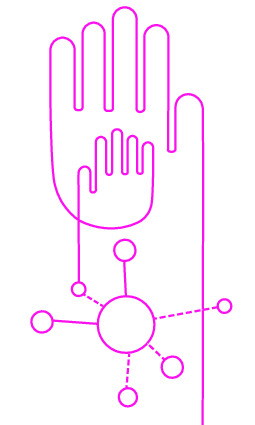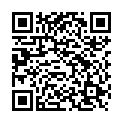|
|
|
| Module code: PdK-402 |
|
|
1V+1S (2 hours per week) |
|
5 |
| Semester: 4 |
| Mandatory course: yes |
Language of instruction:
German |
Assessment:
Oral examination: graded
[updated 01.10.2020]
|
PdK-402 (P322-0136) Childhood Education, Bachelor, ASPO 01.10.2017
, semester 4, mandatory course
PdK-402 (P322-0136) Childhood Education, Bachelor, ASPO 01.10.2019
, semester 4, mandatory course
|
30 class hours (= 22.5 clock hours) over a 15-week period.
The total student study time is 150 hours (equivalent to 5 ECTS credits).
There are therefore 127.5 hours available for class preparation and follow-up work and exam preparation.
|
Recommended prerequisites (modules):
None.
|
Recommended as prerequisite for:
|
Module coordinator:
Prof. Dr. Iris Leisner-Ruppin |
Lecturer:
Prof. Dr. Iris Leisner-Ruppin
[updated 12.09.2018]
|
Learning outcomes:
After successfully completing this course, students will be able to systematically promote the educational processes of children according to the age and gender of the children, without anticipating the normative development. They will have basic theoretical knowledge about didactic-methodical concepts, especially in the elementary school phase. They will be able to design learning processes and implement various forms of learning.
[updated 01.10.2020]
|
Module content:
_ Basics of didactic models (e.g. education theoretical didactics, constructivist didactics and didactic communication)
_ Forms of stimulating, supporting and promoting holistic development and education processes
_ Designing the setting and general conditions (e.g. room concepts, material)
_ Curricular frameworks in Germany
_ European and international approaches to didactics and methodology
Gerstberger, Günter (2008): Frühpädagogik Studieren - ein Orientierungsrahmen für Hochschulen. Stuttgart: Robert Bosch Stiftung, pp. 70-73.
[updated 01.10.2020]
|
Teaching methods/Media:
-Lecture
-Exercises
-Work in small groups
-Independent study
[updated 01.10.2020]
|
Recommended or required reading:
Recommended literature will be announced at the beginning of the course.
[updated 01.10.2020]
|


